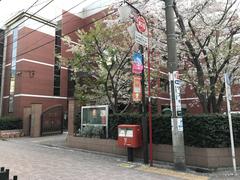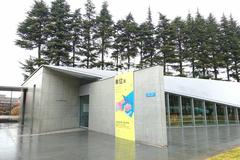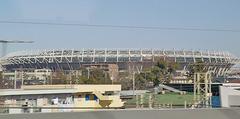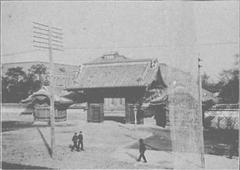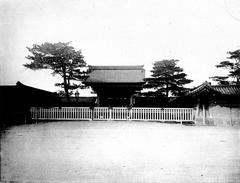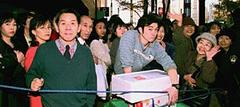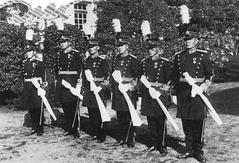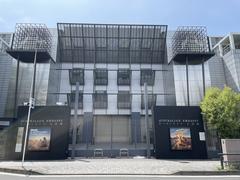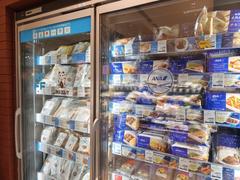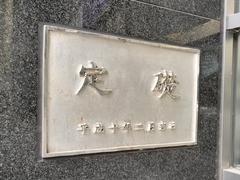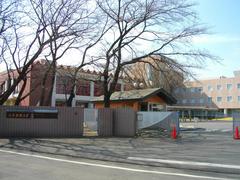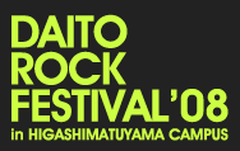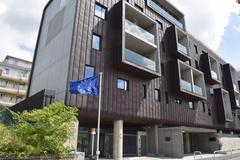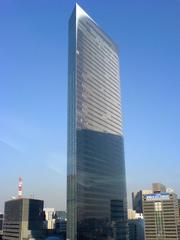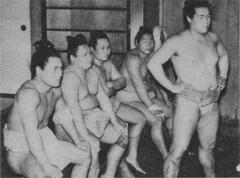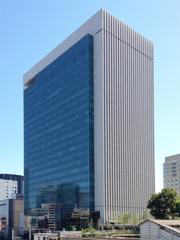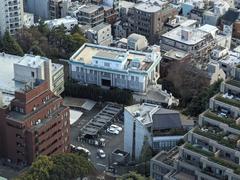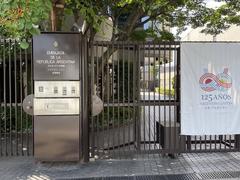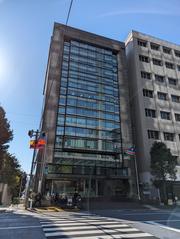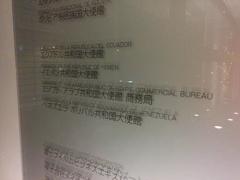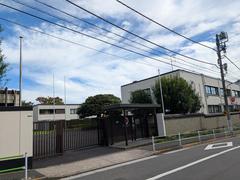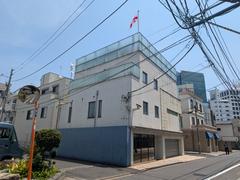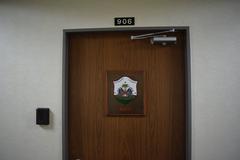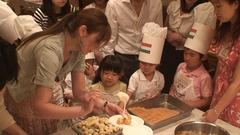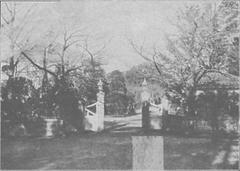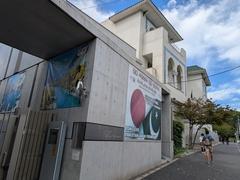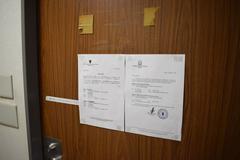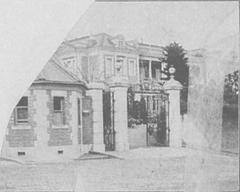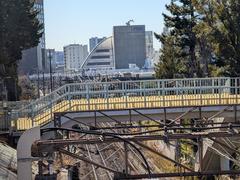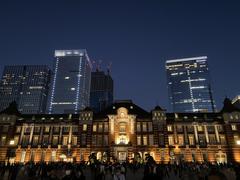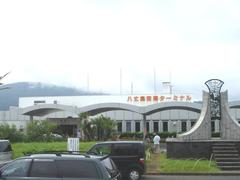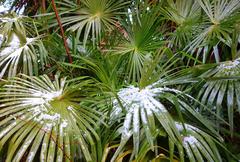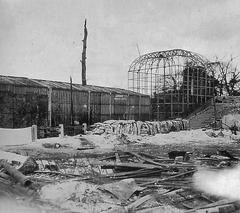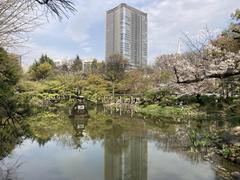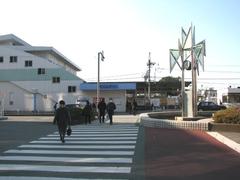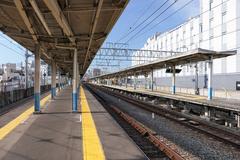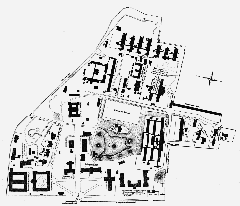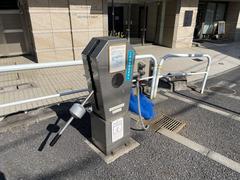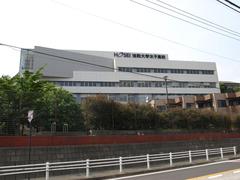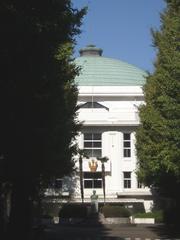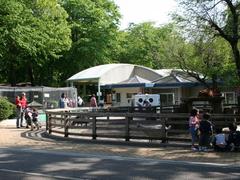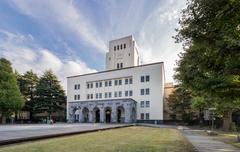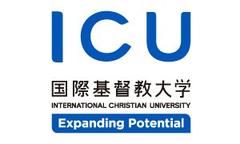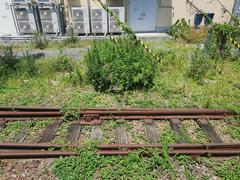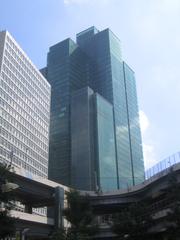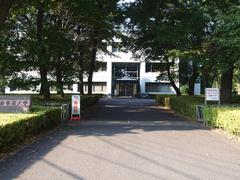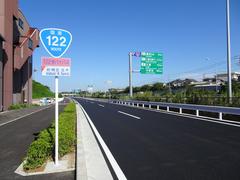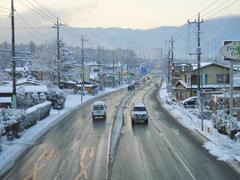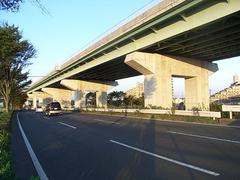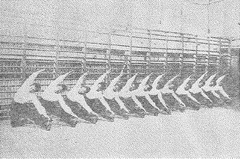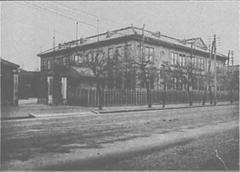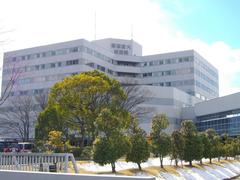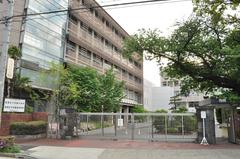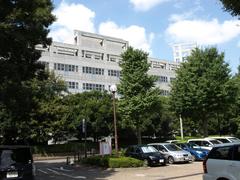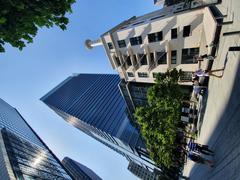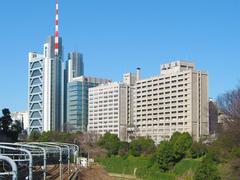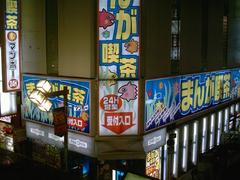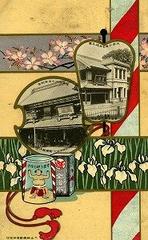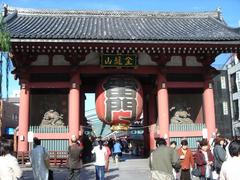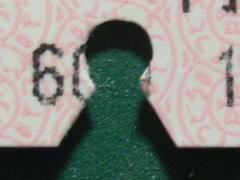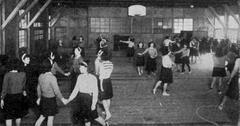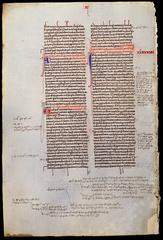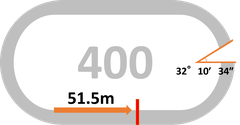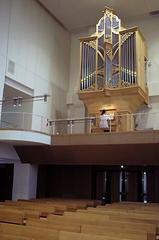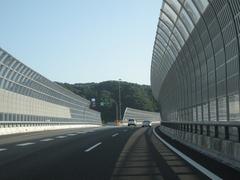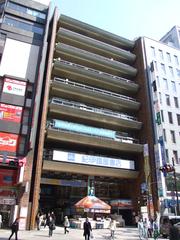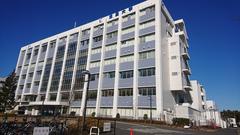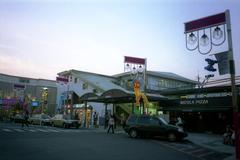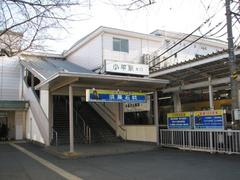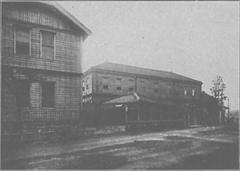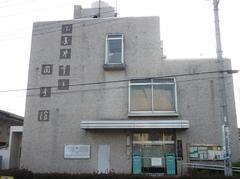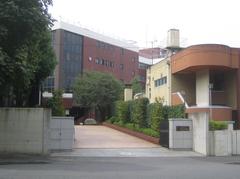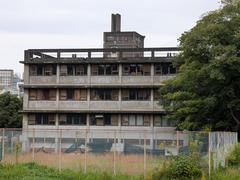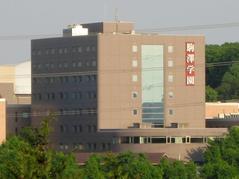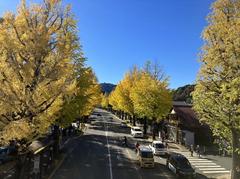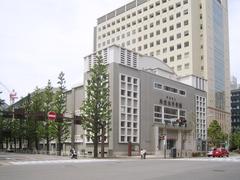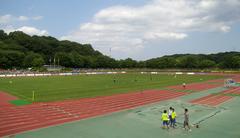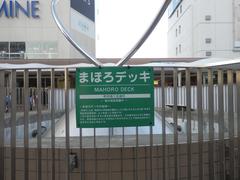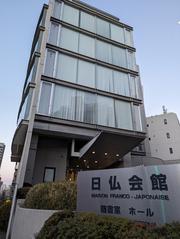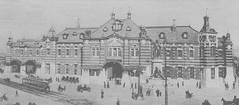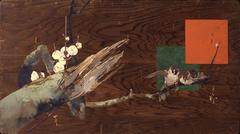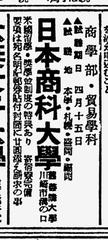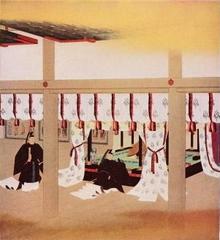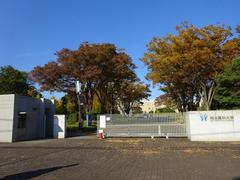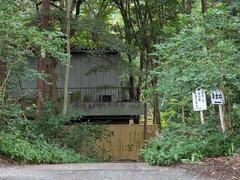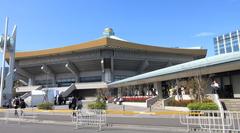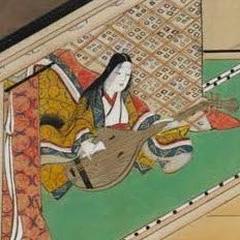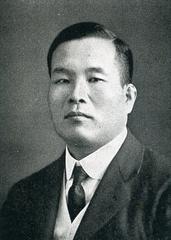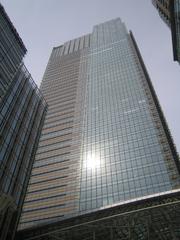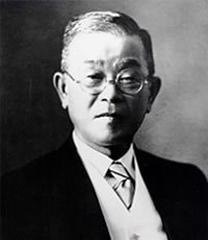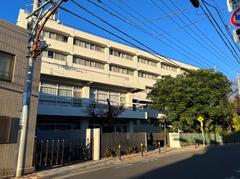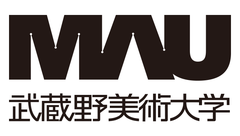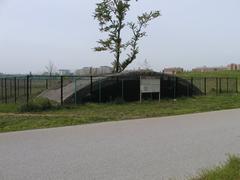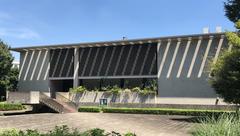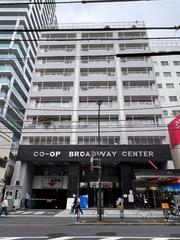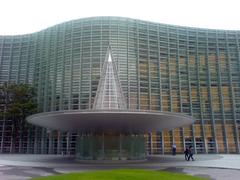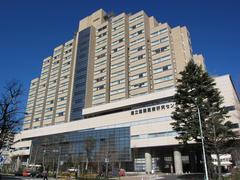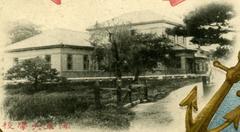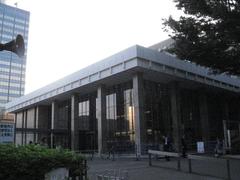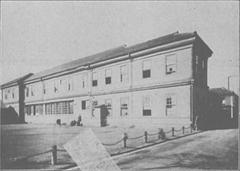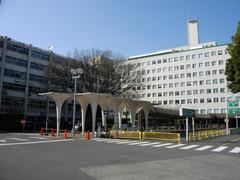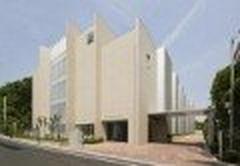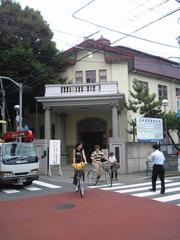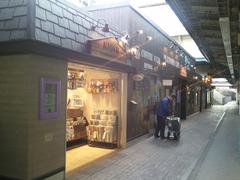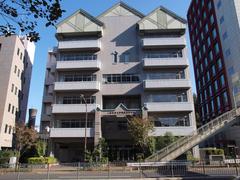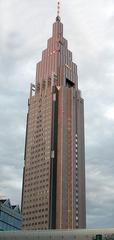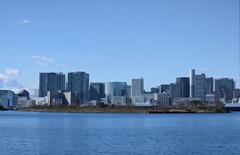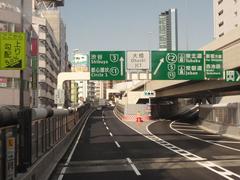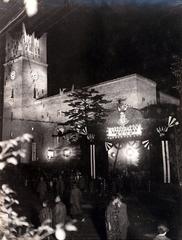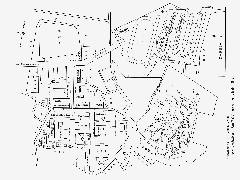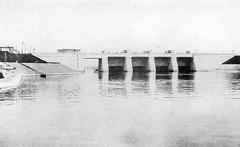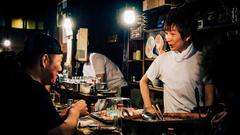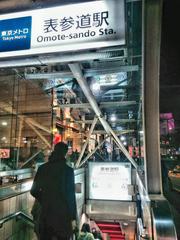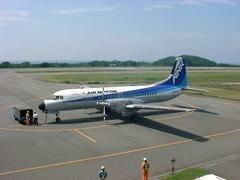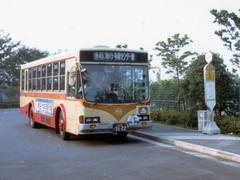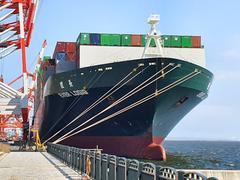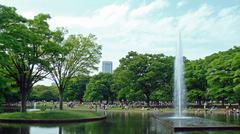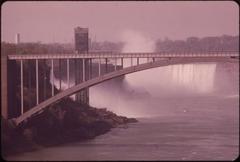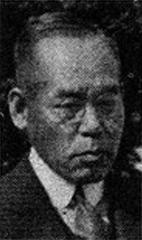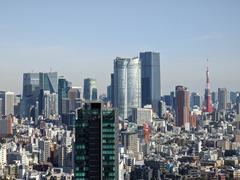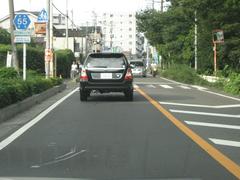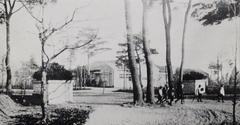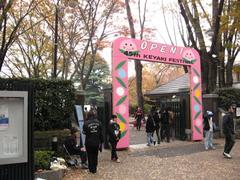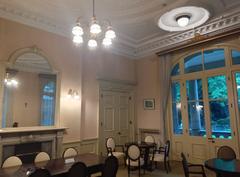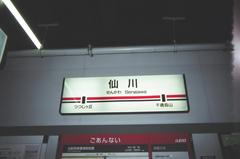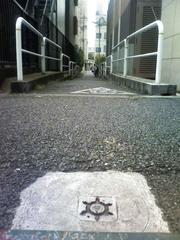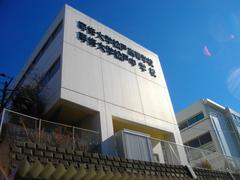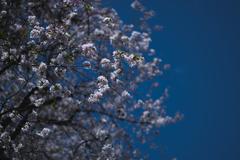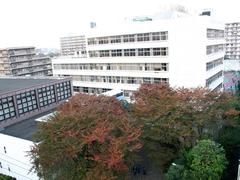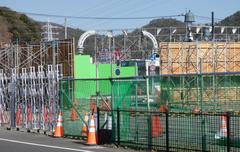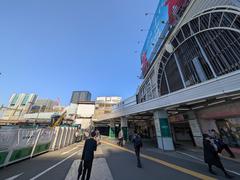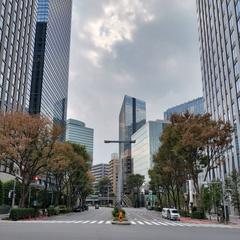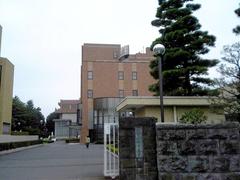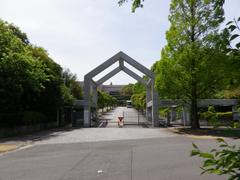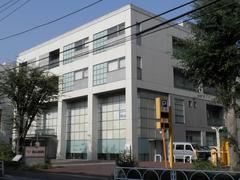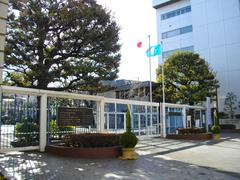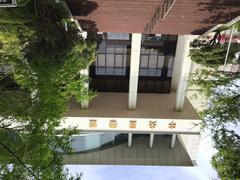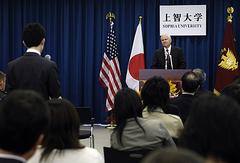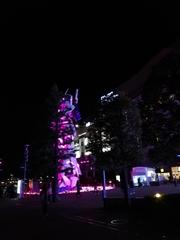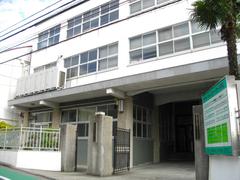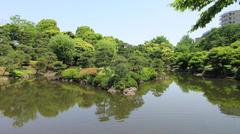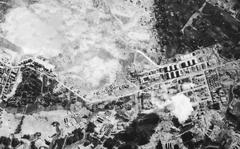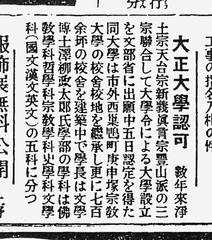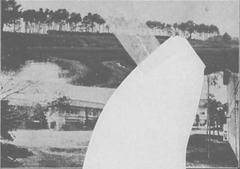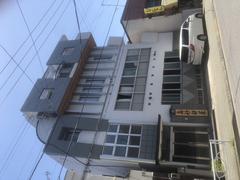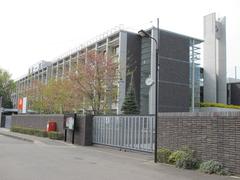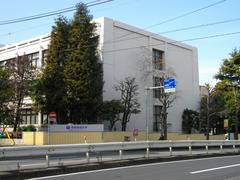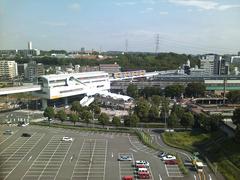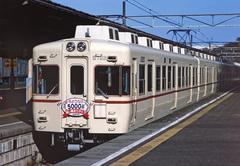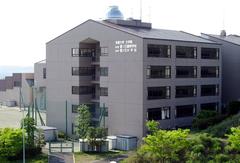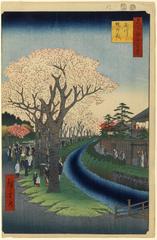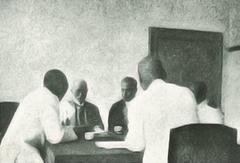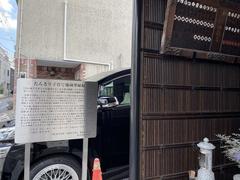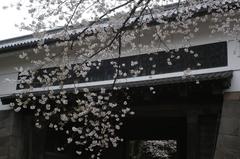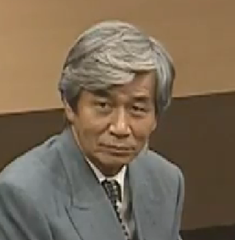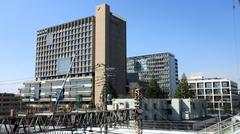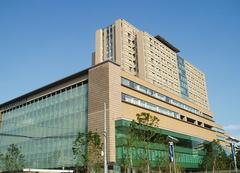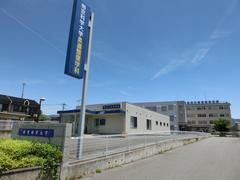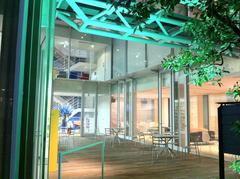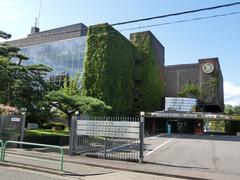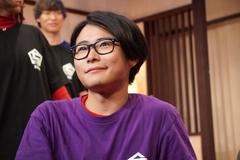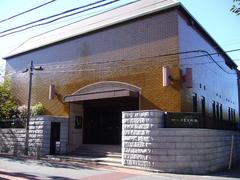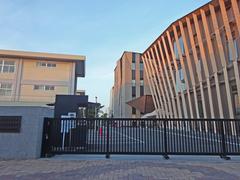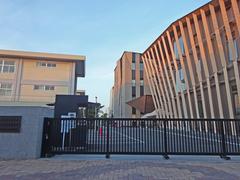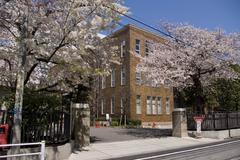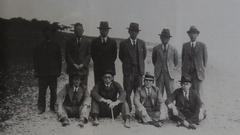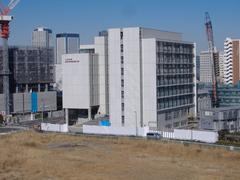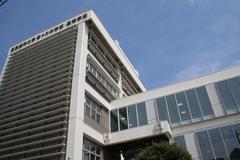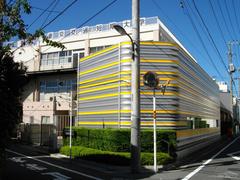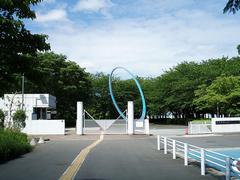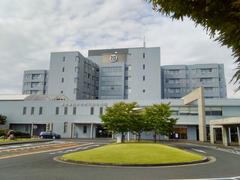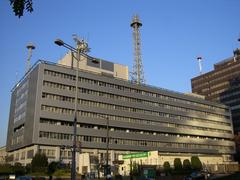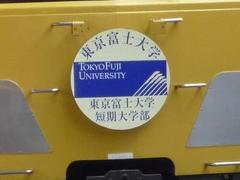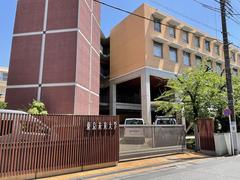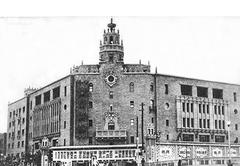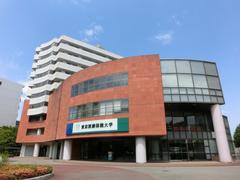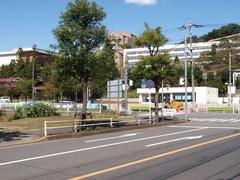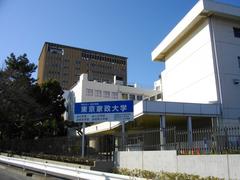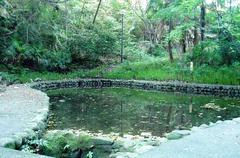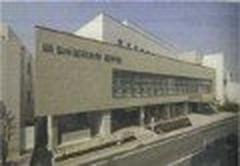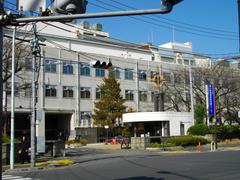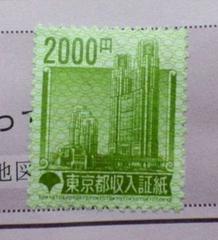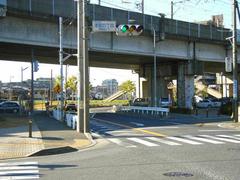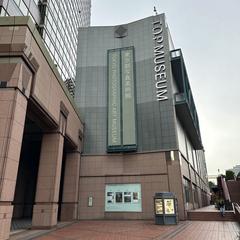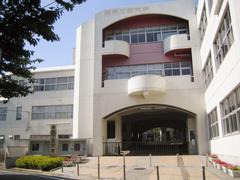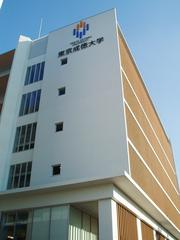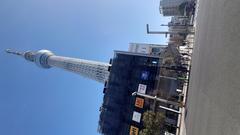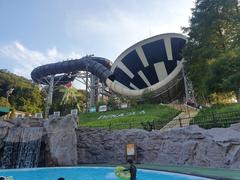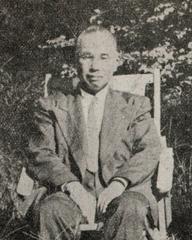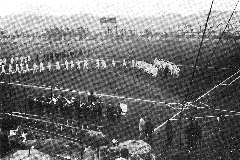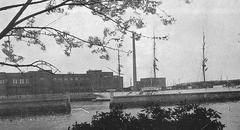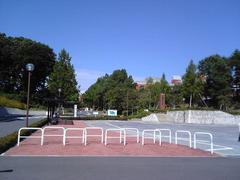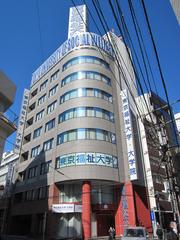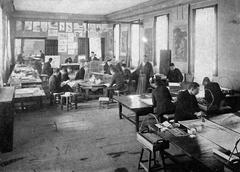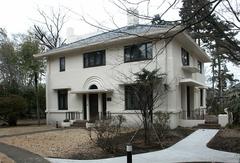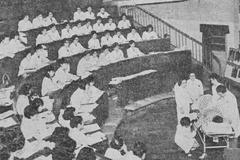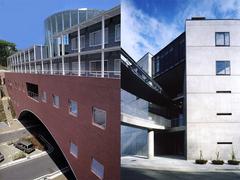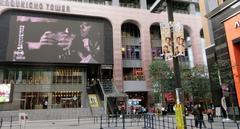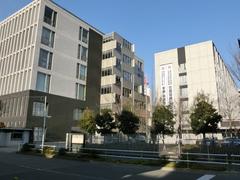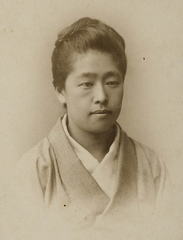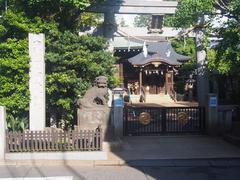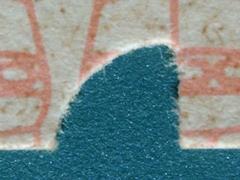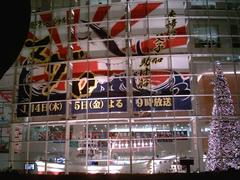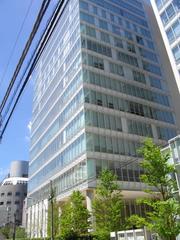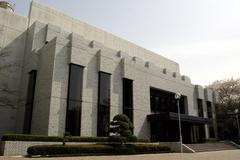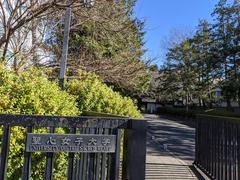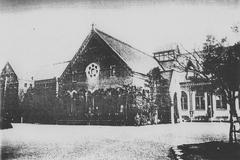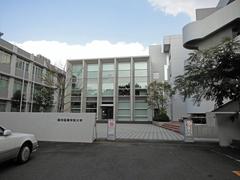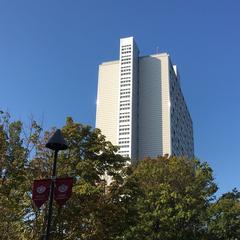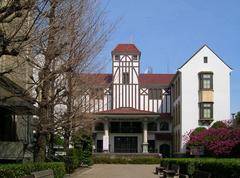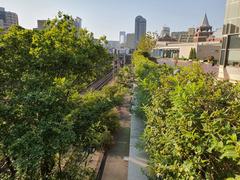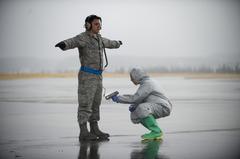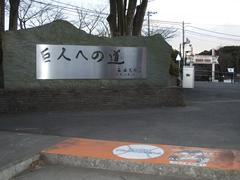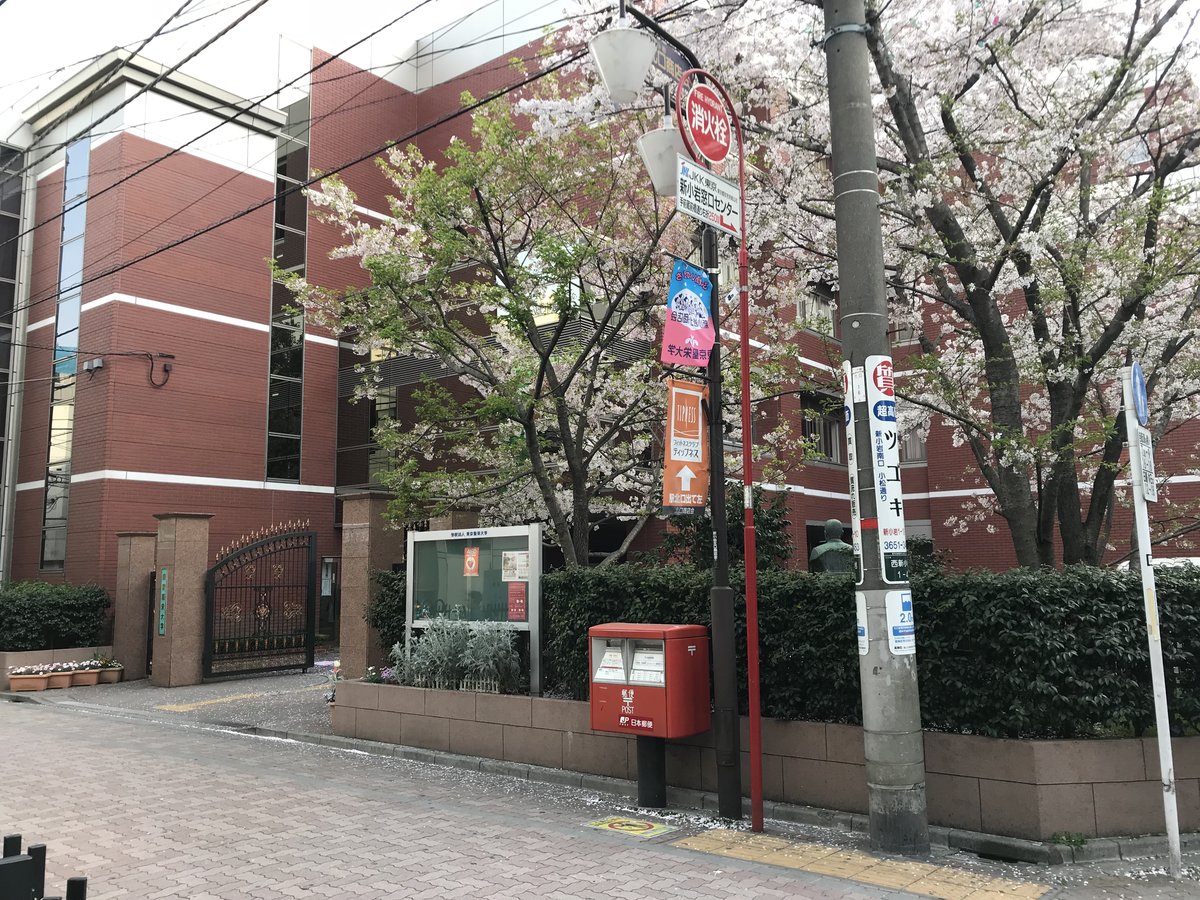
Tokyo Seiei College Visiting Guide: Hours, Tickets, and Nearby Attractions
Date: 14/06/2025
Introduction: Why Visit Tokyo Seiei College?
Tokyo Seiei College (東京聖栄大学), nestled in the Katsushika Ward of Tokyo, is a distinguished private university specializing in food and nutrition sciences. Established in 1947, the college has evolved from a post-war vocational school into a renowned four-year institution dedicated to training experts in nutrition, food science, and public health (Wikipedia).
The college’s educational philosophy—centered on “Enthusiasm, Sincerity, Creativity” (熱意・誠意・創意)—shapes a learning environment that emphasizes self-reliance, technical skill, and continuous improvement. Its modern campus, deep cultural ties to the region, and active community engagement make Tokyo Seiei College a compelling destination for students, educators, and cultural enthusiasts alike (educativ.net; Tokyo Seiei College Official).
This guide offers a comprehensive overview of Tokyo Seiei College’s history, academic structure, campus life, visitor information, and surrounding attractions, ensuring you make the most of your visit.
Table of Contents
- Introduction
- Historical Development of Tokyo Seiei College
- Academic Structure and Programs
- Campus Life and Facilities
- Visitor Information
- Significance in Japanese Higher Education
- Frequently Asked Questions (FAQ)
- Nearby Attractions
- Travel Tips
- Conclusion and Call to Action
- References
Historical Development of Tokyo Seiei College
Origins and Early Foundations
Tokyo Seiei College began as Seitoku Nutrition Senior High School in 1947, a response to post-war Japan’s urgent need for nutrition education (Wikipedia). In 1954, it was formally recognized as a nutritionist training facility by the Ministry of Welfare. The school transitioned to Seitoku Nutrition Vocational School in 1957, emphasizing practical, career-oriented education.
By 1963, it became Seitoku Junior College of Nutrition, offering both vocational and liberal arts education, thus cultivating graduates with a well-rounded blend of technical expertise and intellectual skills (educativ.net).
Institutional Evolution and University Status
In 1986, the Food Dietetics Department was split into two majors: Dietary Nutrition (training nutritionists) and Food Science (training food industry technicians), reflecting growing specialization (educativ.net).
Tokyo Seiei College achieved university status in April 2005, building on this legacy and expanding its commitment to food, nutrition, and health education (Wikipedia).
Governance and Educational Philosophy
Managed by the Tokyo Seiei University Educational Foundation, the college is guided by the principles of enthusiasm, sincerity, and creativity. Its educational mission centers on developing graduates who are technically competent, self-reliant, and adaptable to Japan’s changing needs in food safety and public health (Wikipedia; educativ.net).
Academic Structure and Programs
Faculty and Departments
The Faculty of Health and Nutrition (健康栄養学部) is central to Tokyo Seiei College’s academic offerings:
- Department of Administrative Nutrition (管理栄養学科): Prepares students for careers as registered dietitians and public health nutritionists, with coursework in advanced nutritional science, dietary management, and food service administration (educativ.net).
- Department of Food Sciences (食品学科): Focuses on food chemistry, safety, product development, and quality control, training specialists for the food manufacturing and research sectors (Wikipedia).
Small class sizes (about 160 students per year) ensure personalized attention (Wikipedia).
Curriculum and Educational Approach
Students benefit from a robust curriculum combining technical specialization with liberal arts. Practical training is emphasized through laboratory work, internships in hospitals and food production, and community projects. Notable facilities include a state-of-the-art food service management room and confectionery labs (Wikipedia; educativ.net).
Academic Partnerships and Credit Transfer
Tokyo Seiei College collaborates with The Open University of Japan (放送大学学園), allowing students to transfer credits and access a broader range of courses (Wikipedia).
Campus Life and Facilities
Facilities
The modern campus, located near Shin-Koiwa Station, is equipped with:
- Specialized laboratories for nutrition and food science
- Confectionery and bakery labs for hands-on learning
- A well-stocked library and study spaces
- Student support services, including academic advising and career counseling
- Accessible buildings and pathways for visitors with disabilities (Wikipedia; Tokyo Seiei College Official)
Student Life and Extracurricular Activities
Students can join various clubs, participate in volunteer activities, and attend campus events that foster personal growth and community engagement (Wikipedia).
Visitor Information
Campus Tours and Visiting Hours
- Weekdays: Administrative offices are open Monday–Friday, 9:00 AM to 5:00 PM.
- Open Campus Events: Held in spring and summer; check the official website for details.
- Registration: No admission fee, but advance registration is recommended for tours and events.
Accessibility
The campus is accessible by public transport—just a short walk from Shin-Koiwa Station (JR Sobu Line). Facilities accommodate visitors with mobility challenges. Limited parking is available; public transit is recommended.
Special Events
Tokyo Seiei College hosts open campus days, seminars, and workshops throughout the year. These provide deeper insights into academic programs and campus life. Event updates are posted on the official website.
Significance in Japanese Higher Education
Tokyo Seiei College stands out for its highly specialized focus on food and nutrition, its integration of practical and liberal arts education, and its longstanding reputation for producing competent professionals in healthcare, education, and the food industry (educativ.net).
Frequently Asked Questions (FAQ)
Q: What programs does Tokyo Seiei College offer?
A: Programs in Health and Nutrition, including Administrative Nutrition and Food Sciences.
Q: How can I apply?
A: Apply online via the official admissions portal.
Q: Are campus tours available?
A: Yes, by prior arrangement. Open campus events are also held periodically.
Q: Does the college accept transfer credits?
A: Yes, especially via The Open University of Japan partnership.
Q: What career support is available?
A: Career counseling, internship placement, and job search assistance.
Nearby Attractions
- Horikiri Iris Garden: Celebrated for its summer iris bloom, and a symbol on the college emblem.
- Shibamata Taishakuten Temple: Historic Buddhist temple, easily accessible by train.
- Hanashōbu Park Monument: Honors the region’s iconic iris flower and cultural heritage.
- Local Parks and Cafés: Enjoy Nishishinkoiwa’s local charm and cuisine.
Travel Tips
- Best Time to Visit: Spring and summer during open campus events or the iris bloom (May–June).
- Language: Primary instruction in Japanese; limited English support available.
- Dining: Student cafeteria and nearby eateries offer healthy Japanese meals.
- Accessibility: The campus is wheelchair-friendly; contact in advance for assistance.
- Photography: Seek permission indoors.
- Dress Code: Neat, modest attire is suggested.
Conclusion and Call to Action
Tokyo Seiei College exemplifies the ideal blend of academic rigor, community engagement, and regional heritage. Whether you are a prospective student, researcher, or cultural enthusiast, a visit to this institution offers a unique window into the intersection of Japanese food science education and local tradition.
Plan your visit by checking event schedules and registration details on the official website. For more travel resources, download the Audiala app and follow us on social media to stay updated on campus events and nearby attractions.
References
- Tokyo Seiei College: History, Academic Programs, Campus Life, and Visitor Information, 2025, Wikipedia
- Tokyo Seiei College: History, Academic Programs, Campus Life, and Visitor Information, 2025, educativ.net
- Visiting Tokyo Seiei College: A Guide to Campus Experience, History, and Local Attractions, 2025, Tokyo Seiei College Official
